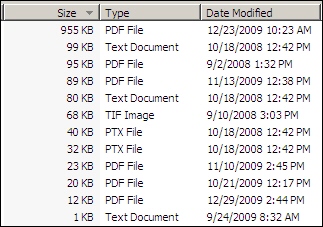[This is a guest post by contributor Brian Beckham]
Plaintiff Verizon California, Inc. (Verizon) recently obtained a default judgment in the U.S. District Court for the Northern District of California, San Jose Division, in its favor against Defendant, the registrar OnlineNIC, Inc. (press release).
Despite repeated attempts, Verizon was not able to serve notice on OnlineNIC; the court ultimately approved Verizon’s application to serve process with the California Secretary of State. OnlineNIC was alleged to have engaged in the bad faith registration of 663 identical or confusingly similar domain names incorporating one of Verizon’s family of marks (e.g., <bestverizon.net>, <myprepaidverizon.com>, <verizonflios.com>, <vzwactivate.com>, etc.) inter alia, in violation of the ACPA. Verizon’s unchallenged, well-pleaded allegations were accepted by the court as true; OnlineNIC’s liability was thus established.
In addition to OnlineNIC’s default, significantly, the court noted that OnlineNIC had refused to alter its behavior (presumably after a cease & desist letter) and had purposefully attempted to avoid detection (e.g., by providing false contact information). However, given the default, the court was reluctant to impose the full statutory damages provided for under the ACPA ($100,000 per infringement), but imposed damages of $50,000 per violation (totaling $33.15 million). It remains to be seen whether Verizon will successfully collect, nonetheless, Verizon obtained a transfer order in its favor for all of the 663 infringing domain names. OnlineNIC (including any related entity) was further enjoined from directly or indirectly (i) registering, trafficking in or using any domain name that is identical or confusingly similar to the Verizon marks and (ii) assisting, aiding or abetting any other person or business entity in engaging in or performing and of the said activities.
This injunction seems to leaves open the question of whether the seemingly common registrar practice of actively suggesting alternate domain names available for registration (e.g., those that add alphanumerical strings, e.g., <new____4u.com>, <buy____.net>, <your____.org>, <my____pro.com>, <best____.com>, etc.) would be covered by the “assisting, aiding or abetting” language in the injunction.
Case is: 2008 U.S. Dist. LEXIS 104516




